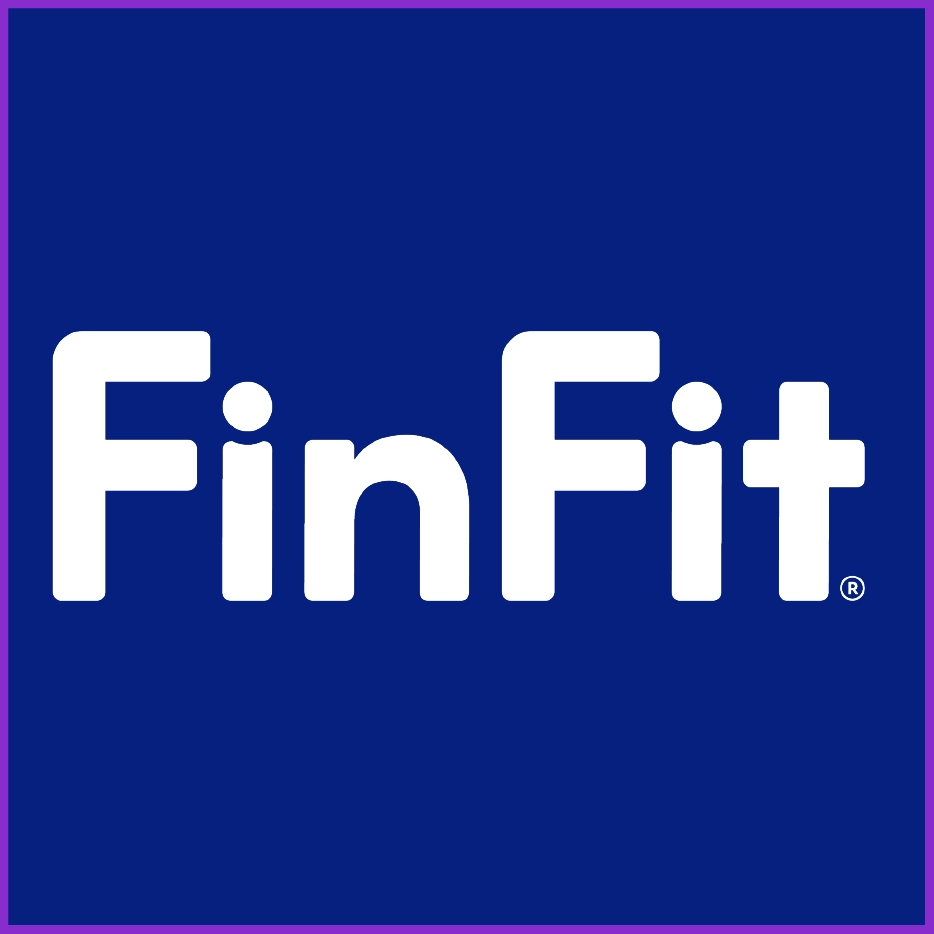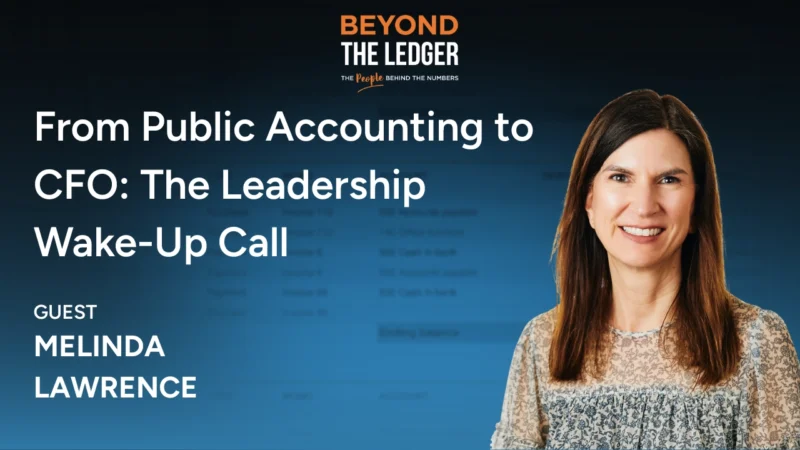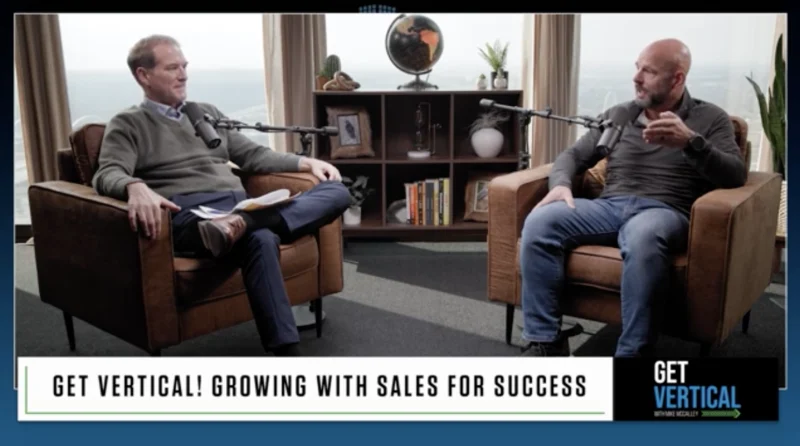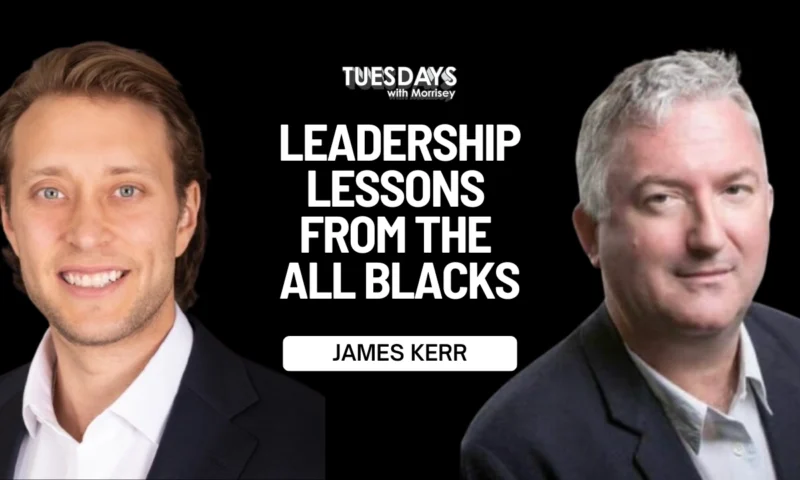Establishing Employee Relief Funds Can Better Secure a Financial Future
Today, financial stability and resilience for individuals, families, and businesses is more critical than ever. A survey from the Federal Reserve shows that 32% of Americans would struggle to cover an unexpected $400 expense, highlighting the need for innovative solutions that support financial health. One such solution being discussed is the development of employee relief funds, an idea gaining traction in a time of economic uncertainty and upheaval.
How can organizations best support their employees’ financial stability, particularly during unpredictable economic times? This fundamental question is at the heart of today’s discussion.
On the latest episode of the SECURE podcast presented by FinFit, host Charles Lattimer, Chief Innovation Officer, interviewed guest Rachel Schneider, the Founder & CEO of Canary, and Co-Author of The Financial Diaries: How American Families Cope in a World of Uncertainty, to explore this topic in depth
During the episode some key areas of Lattimer and Schneider’s discussion included:
- An in-depth look at the research that went into the Financial Diaries, revealing the volatile nature of personal finances in America.
- How this financial volatility impacts individuals’ psychology and their ability to save for the future.
- Innovative solutions like employee relief funds and how these can help bridge the gap during periods of financial instability.
Rachel Schneider is the Founder & CEO of Canary, and Co-Author of The Financial Diaries: How American Families Cope in a World of Uncertainty. She spent much of her career at the Financial Health Network, where she was Senior Vice President and led in-depth research into FinTech innovation and its potential to improve people’s financial lives. Prior to that she was also the Vice President of Investment Banking at Merrill Lynch. As the CEO of Canary, she now applies these insights to support people during financial emergencies.




